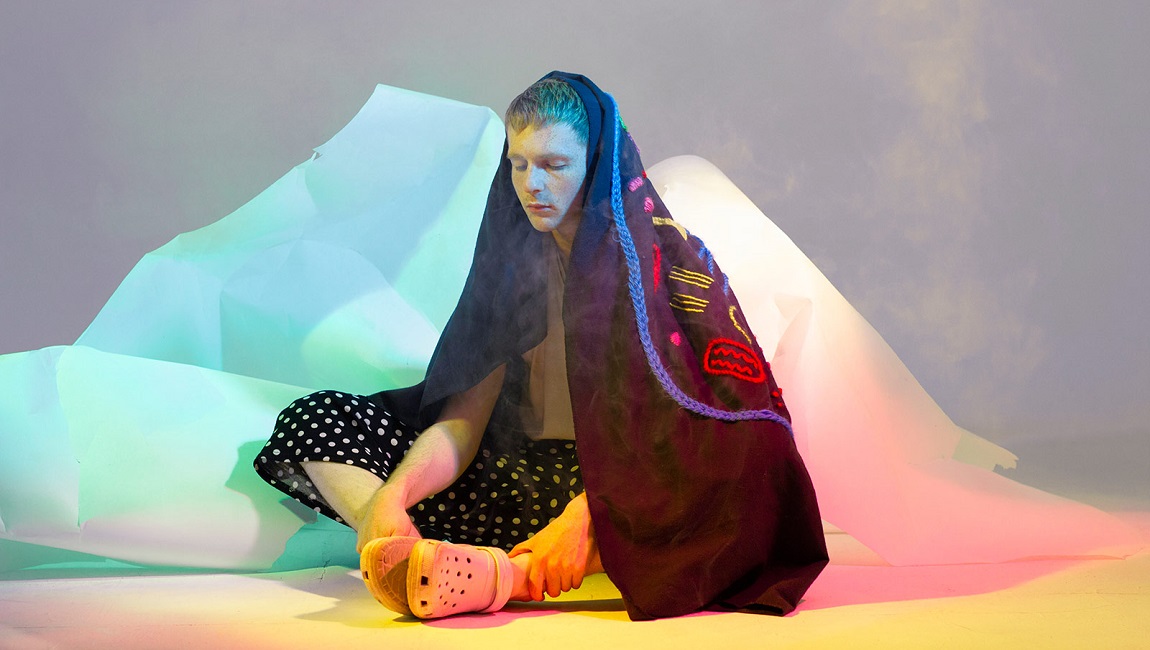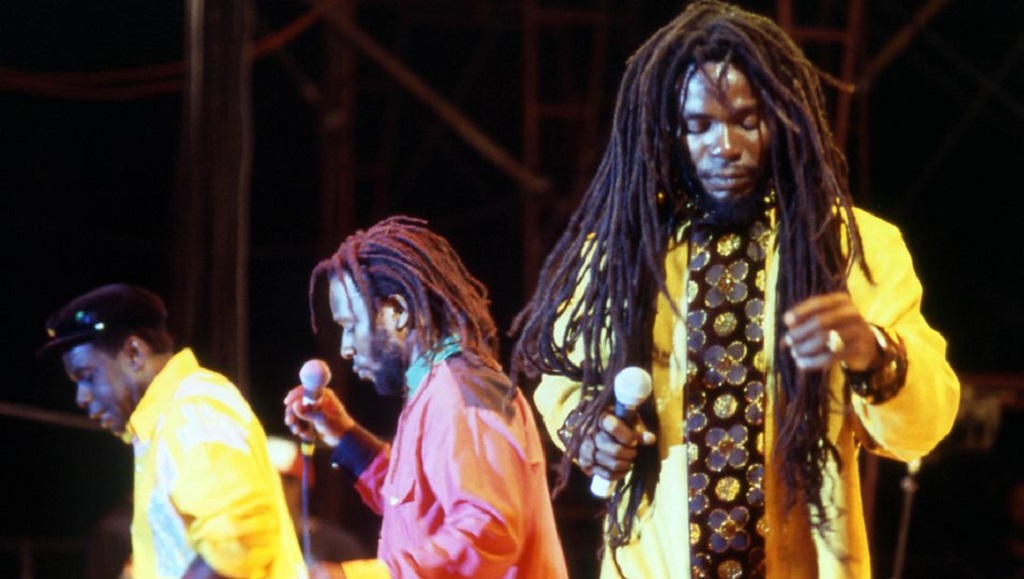Lei Line Eon reflects a satusfying compromise between the demands of dance-pop and the new worlds Iglooghost has imagined beyond.
Since the release of Neō Wax Bloom in 2017 (via Brainfeeder), Seamus Malliagh has taken his Iglooghost project past its initial abrasive collage, finding ways to expand and remold his aesthetic approach without losing recognizable authorship. Iglooghost initially served as a moniker for Malliagh under which he released very contemporary, glitchy beats contoured to fit more traditional pop convention that he would move further away from with each passing release. By the time Iglooghost had become a Brainfeeder artist, his music was actively defying structure, jamming together pieces of disparate electronic pop to make sonic sculptures that overwhelmed and surprised, bearing a strong resemblance to dance music, but never quite behaving as you’d expect it to. For this reason, his music was often offered comparisons to SOPHIE and the P.C. Music crew, though this was only partially appropriate, both parties repurposing sounds and instrumentations from the same sources (i.e. unhip dance-pop) with the difference being that P.C. Music (and all the hyperpop since) reclaims while Iglooghost recycles.
Initially, Malliagh seemed fascinated by the actual recycling act, so to speak, Neō Wax Bloom flaunting the gleeful dissonance that emerged from grinding together dubstep and glitch, for instance. But Iglooghost has since pulled back from the disarray, harnessing similar frictions, but finding new shape and context for it. Lei Line Eon, the second solo studio album from Malliagh as Iglooghost (lest you want to count 2014 beat tape Treetunnels) comes almost full circle, allowing for a more classical take on sequencing and melodic motif than what’s come before. This album also marks a move away from the unifying narratives of Neō Wax Bloom and the two EPs that followed, Clear Tamei and Steel Mogu, all three albums conceived as stories from a fantastic realm accessed through the producer’s garden. This type of world-building and narrativizing has been essential to Iglooghost’s creative process going back to 2015’s Chinese Nü Yr EP, where he composed the tracks in response to the album art (which he always designs himself). Of course, there’s an element of mischievousness involved in this lore weaving, the music it inspires being largely vocalless after all, but it’s a fitting means of providing each project with a shape and definition, while informing the uncanny, mystical quality of Iglooghost’s music.
As asserted by Malliagh in interviews and on a rather involved website for the “Glyph Institute,” Lei Line Eon is a fusion of old and new, specifically a forgotten subgenre originating in the whimsical producer’s home county Dorset called “Lei Music” (practiced so as to summon beings from other realms, naturally) that Iglooghost has set out to contemporize. Even if one never sought out this background information, it wouldn’t be too challenging to conceive of this album’s intent in the broadest sense; these songs are reliant on analog instrumentation and human vocals to a degree Iglooghost’s previous projects haven’t come near, interspersing his usual digital shrieks and beeps throughout piano and violin melodies. The strings in particular, sweeping and melodramatic, provide a recognizably organic throughline that guides us across Lei Line Eon and imbues it with the emotional character of a JRPG. Iglooghost’s music has been united in its aim to tell stories wordlessly, conjuring worlds just outside the boundaries of human perception, indirectly challenging the audience to translate emotional response into fantastical narrative and setting. Lei Line Eon is more interested in directly instigating this process than Neō Wax Bloom was, bringing in distorted vocals from Iglooghost himself for the first time on lead single “Sylph Fossil,” along with those of frequent collaborator BABii (on several tracks) and even a children’s choir at the album’s conclusion. Those who celebrated the chaos of Neō Wax Bloom above all else may not love this continued streamlining of aesthetic, but while Lei Line Eon is a step away from confrontation for the artist, it’s also a smart, necessary continuation of his singular aesthetic, one that has found a satisfying compromise between the old structural demands of the pop album, and the new worlds Iglooghost has imagined beyond.
Published as part of Album Roundup — April 2021 | Part 1.







